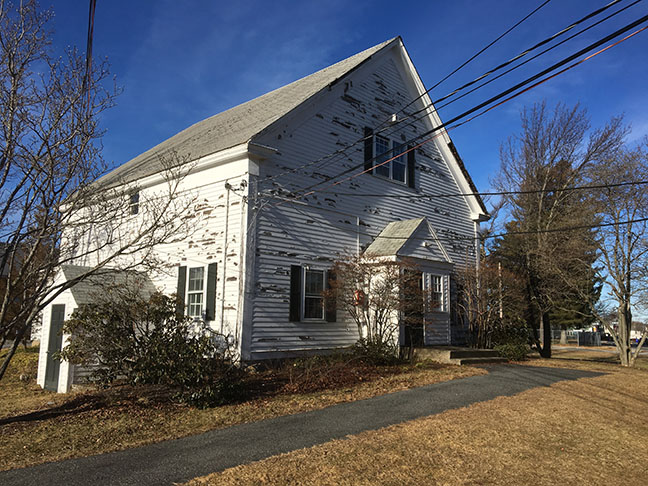
The building in front of Hopkinton Middle School that houses some school offices is in need of major work, assuming the town decides it’s worth preserving. PHOTO/JERRY SPAR
The “White House” in front of Hopkinton Middle School could be looking at a restoration in the future after discussions commenced on adding a renovation project to the capital projects list.
The building, which currently holds the offices of Hopkinton Public School’s Special Education and Building and Grounds departments, as well as the bus dispatch office, is in “very poor condition,” according to district officials.
“We talked about razing the building in the past, but there was a distinct cry from the community that they wanted to keep the building,” said Superintendent Dr. Carol Cavanaugh, who spoke about options for the building at the Dec. 20 School Committee meeting.
In order to keep the building, there is a need to invest money for repairs — both structural and cosmetic — including a plumbing issue with tree roots affecting the underground pipes. Although the space currently holds offices, Cavanaugh said that the building could be ideal for the 18-22 special education program that currently is housed in two classrooms at the high school.
“I feel like it would be a nice postgraduate setting for the students in the 18-22 program,” she said.
A secondary benefit of moving the 18-22 program into the White House would be to free up two classrooms at the high school, giving much-needed space for a building that is already tight due to the increased enrollment over the past few years.
“We are looking to get really creative with space,” said director of finance Susan Rothermich. “Everyone is willing to do their part.”
Initial estimates based on per square-foot renovation costs would be $300,000, a number that would be far less than bringing in modular classrooms for additional space.
“Every modular classroom costs $300,000,” said Cavanaugh. “So you would be spending $300,000 to eventually save $600,000.”
Several School Committee members voiced their support of looking into pursuing the renovation, and using the space for the 18-22 program.
“Having a new space would allow us to look at programmatic improvements [with the 18-22 program], to improve opportunities with inclusion in the community,” commented School Committee chair Nancy Cavanaugh.
But questions arose about if it was worth putting that type of money into the building.
“The $300,000 estimate is not based on an engineering or structural inspection,” said Rothermich. “We just wanted to gauge the committee’s desire to move forward and add it to the capital plan.”
After a brief discussion, the committee agreed to get a cost to conduct a feasibility study to look at different options for the building.
“We may learn it would be most appropriate to take it down,” said Nancy Cavanaugh.
Discussions will continue at a future School Committee meeting.


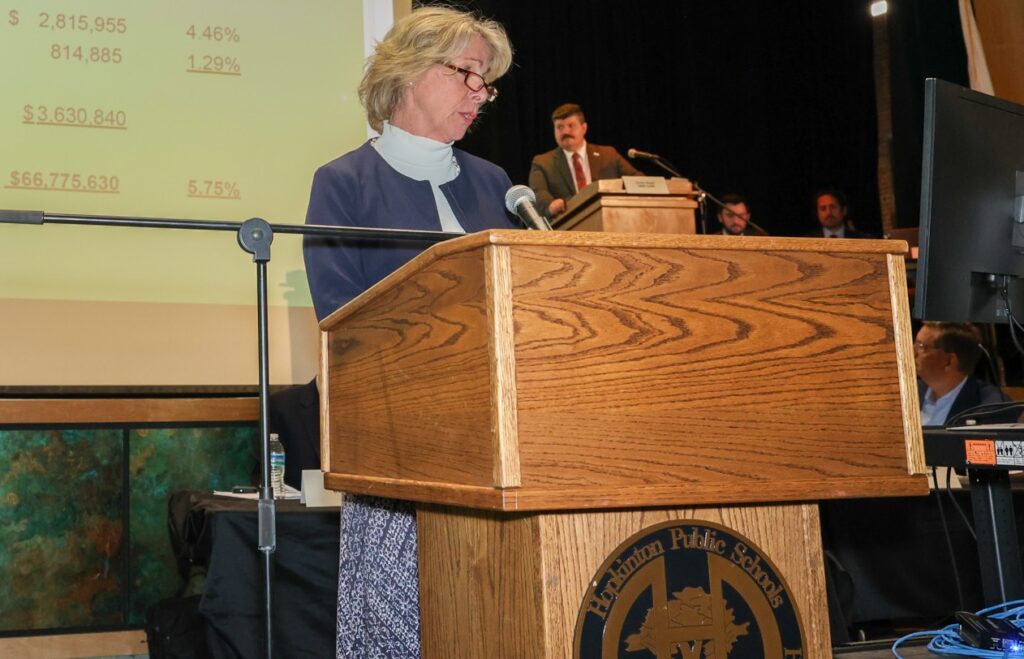
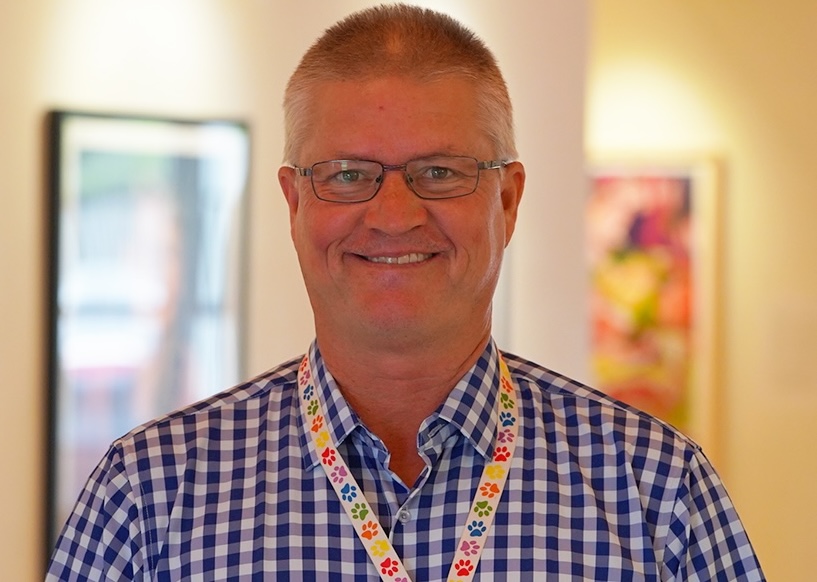
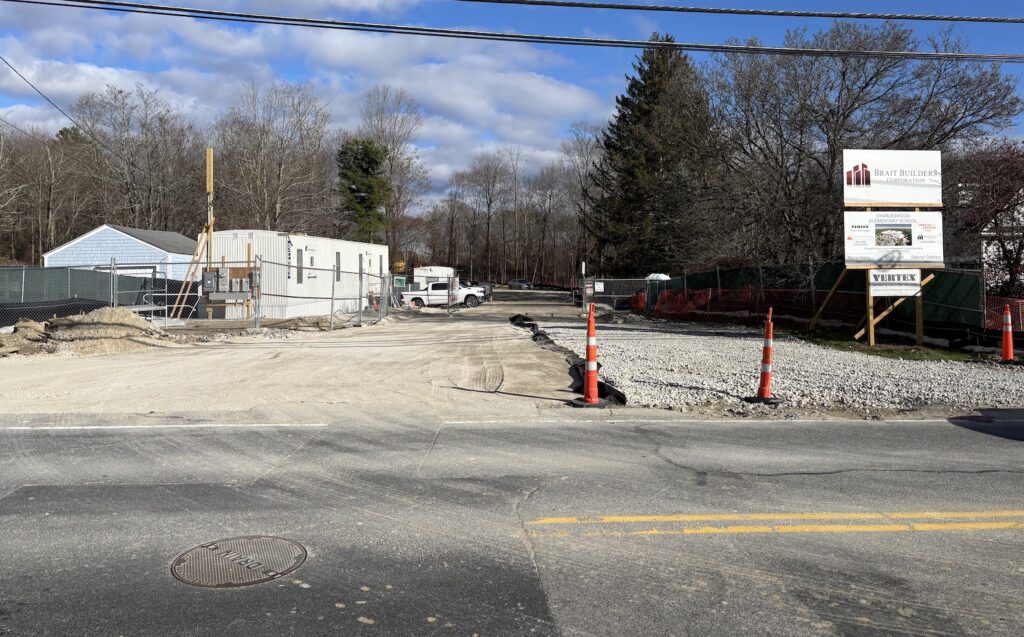
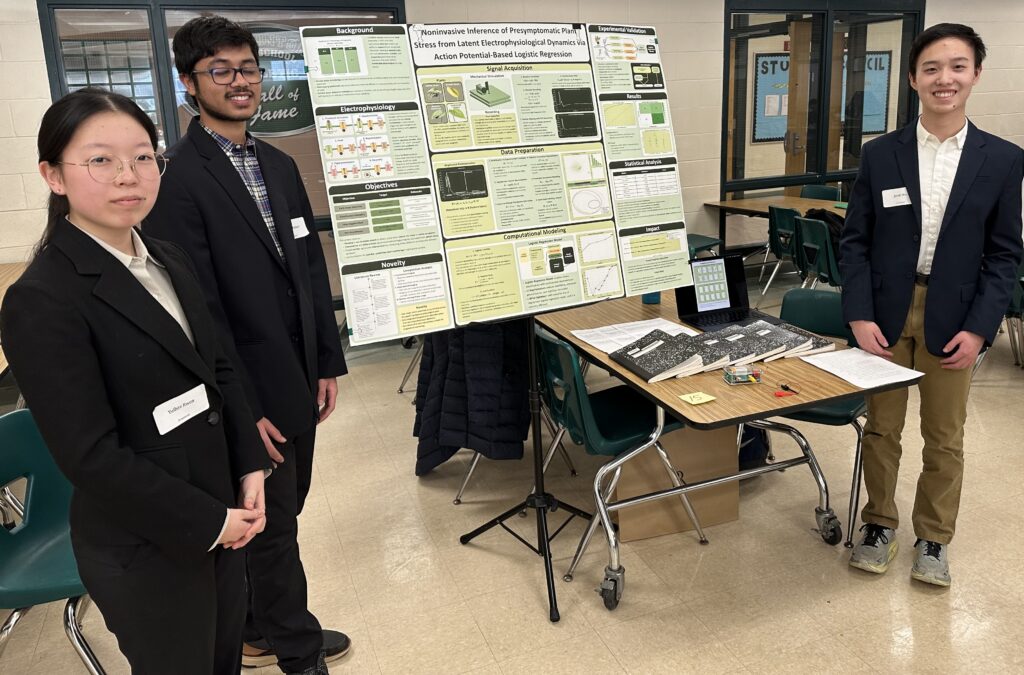
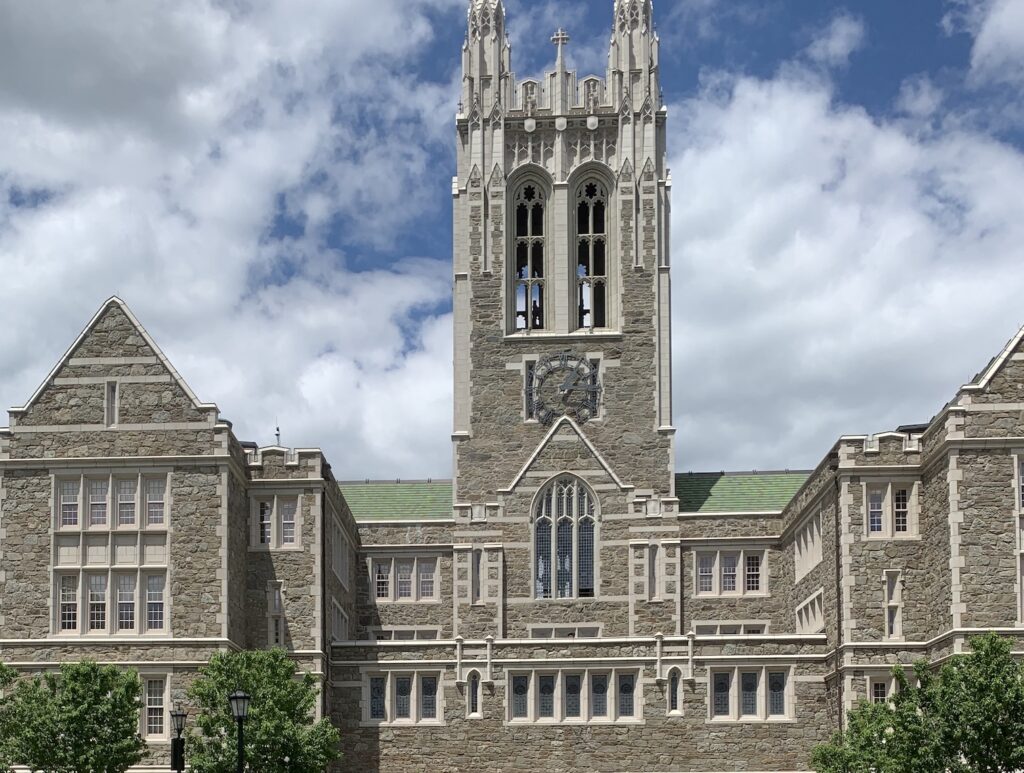
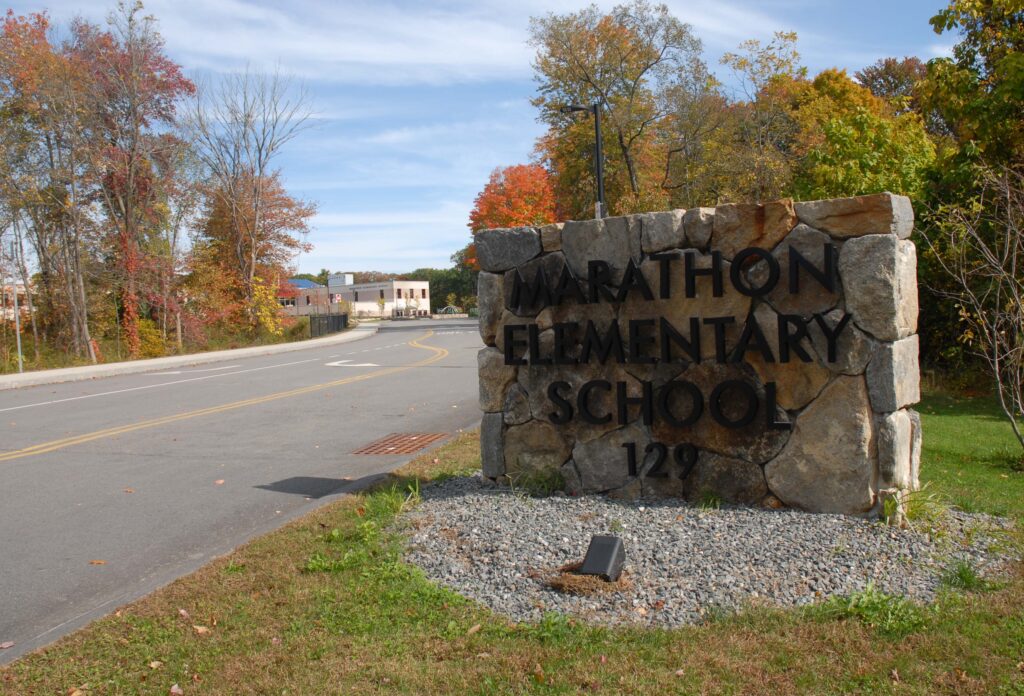













0 Comments